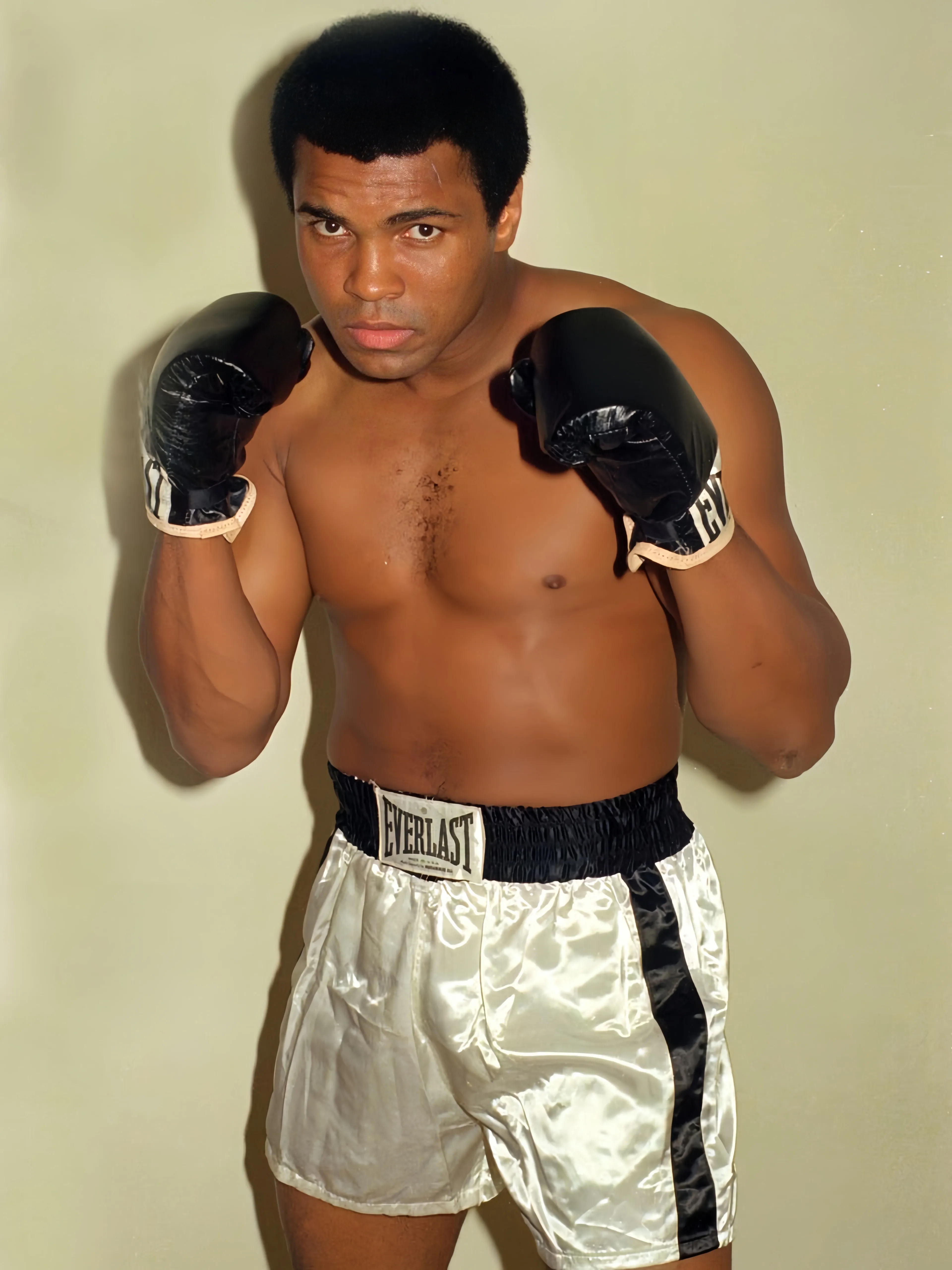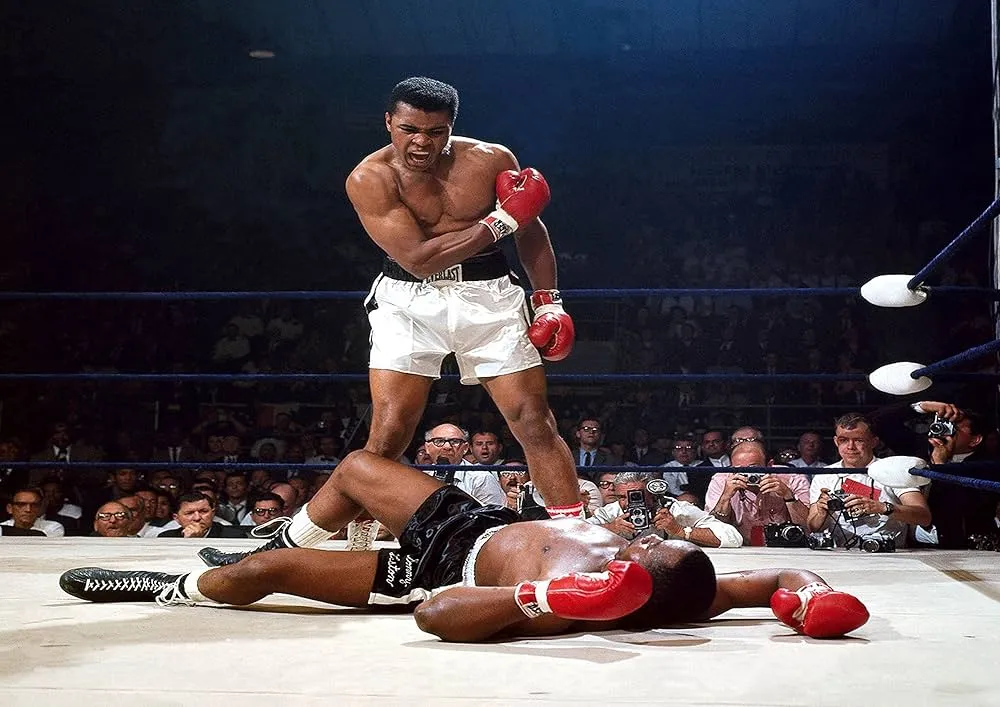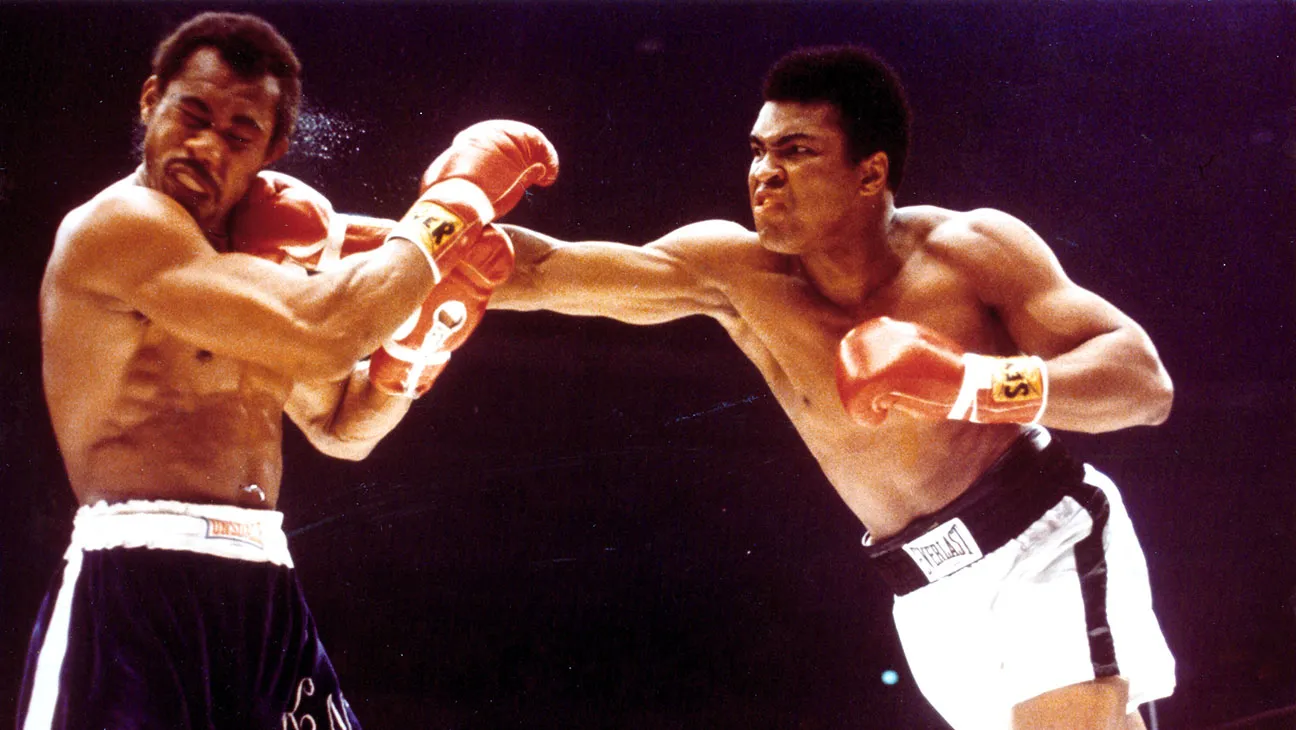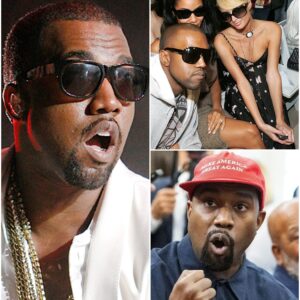Is Muhammad Ali truly deserving of the title ‘The Greatest Boxing Legend of All Time’? What do you all think about this?
The name Muhammad Ali evokes an image of unparalleled greatness, both inside and outside the ring. For decades, he has been hailed as The Greatest, a moniker that has become synonymous with his legacy. But does he truly deserve the title of “The Greatest Boxing Legend of All Time”? This question has sparked countless debates among boxing enthusiasts, historians, and sports fans alike.

Muhammad Ali’s rise to prominence in the 1960s was nothing short of meteoric. Known for his quick footwork, razor-sharp jabs, and lightning-fast reflexes, Ali was a force to be reckoned with in the heavyweight division. His record speaks for itself—56 wins, 37 by knockout, and just five losses over a career that spanned more than two decades. His ability to outmaneuver and outthink opponents, combined with his raw power, made him a true icon of the sport.
One of Ali’s most significant accomplishments was defeating Sonny Liston in 1964 to become the youngest boxer to win the heavyweight title at the age of 22. But it was his trilogy of battles with Joe Frazier, his stunning victory over George Foreman in the famous Rumble in the Jungle, and his uncanny ability to predict the outcome of his fights that solidified his place in boxing history.
Ali’s contributions, however, go far beyond his physical achievements in the ring. He was a master of psychological warfare, often using his charisma, wit, and brash self-confidence to intimidate opponents before the first punch was ever thrown. Phrases like “Float like a butterfly, sting like a bee” became iconic catchphrases, and his pre-fight predictions added a sense of showmanship to boxing that was unmatched.

Beyond the sport, Ali was a cultural and political figure who transcended the boundaries of boxing. During a time of great social and political upheaval in the United States, Ali stood as a symbol of resistance. His refusal to be drafted into the Vietnam War, citing his religious beliefs and opposition to the conflict, led to his suspension from boxing at the peak of his career. Yet, Ali’s resilience in the face of this adversity only strengthened his legacy. He was not just fighting in the ring but fighting for what he believed was right, earning respect from civil rights leaders and activists worldwide.
However, the question remains: Is Ali truly the greatest?
Critics argue that other fighters, like Sugar Ray Robinson, Joe Louis, or even more modern champions like Mike Tyson or Floyd Mayweather, may have surpassed Ali in terms of skill or statistical accomplishments. Sugar Ray Robinson, for instance, is often regarded by purists as a pound-for-pound phenomenon, known for his flawless technique and devastating power across multiple weight classes. Joe Louis dominated the heavyweight division for over a decade, while Tyson’s raw ferocity and knockout power terrified opponents throughout the 1980s.
But Ali’s greatness lies in more than just boxing statistics. He stood for something larger than the sport. He was a man of principles, who despite suffering from Parkinson’s disease later in life, continued to inspire millions with his humanitarian work, his words of wisdom, and his unwavering sense of self-belief. Ali wasn’t just a boxer; he was a symbol of courage, perseverance, and social justice.

So, does Muhammad Ali deserve to be called The Greatest? The answer, in many ways, depends on what you value most. If you measure greatness by championship belts and records, you might look elsewhere. But if you consider a boxer’s influence on the sport, the culture, and the world, Muhammad Ali’s impact is undeniable. He changed boxing, he changed sports, and he changed the world—leaving an indelible mark that no one else can claim.
In the end, Muhammad Ali might deserve the title not solely because of his skill as a boxer but because of what he represented: the unwavering spirit of a champion, both in and out of the ring. And in that sense, he truly may be The Greatest.
So, what do you think? Is Muhammad Ali the greatest of all time, or does another fighter deserve that title? Let the debate continue.





